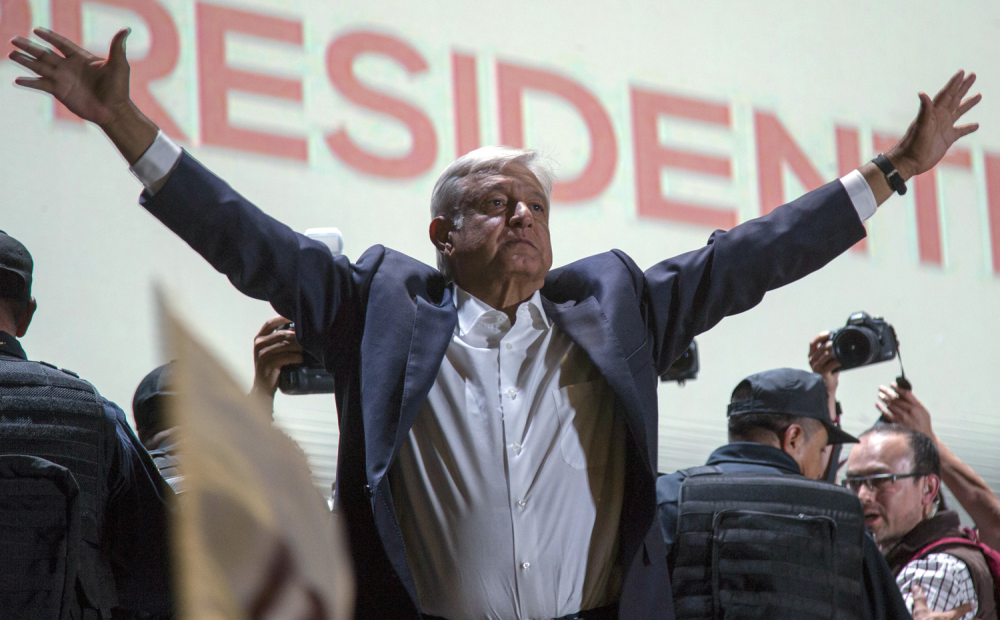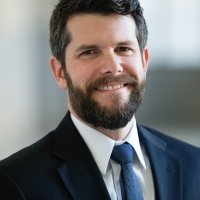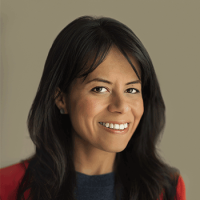Ground Truth Briefing | Mexico’s 2018 Election: Parsing the Results

Mexicans headed to the polls on July 1, taking their pick of candidates from the mayoral level all the way up to the presidency, in a general election that was being tracked well beyond the country’s borders. Amid a populist surge, tensions in the bilateral relationship, talk of a border wall, and swirling uncertainty over NAFTA and tariffs, our experts analyzed the impact on both Mexico and Mexican-U.S. relations in this Ground Truth Briefing, live from Mexico City.
Selected Quotes
Earl Anthony Wayne
“I think this is a window of opportunity to both sides to try to set a new tone in the [U.S.-Mexico] relationship and actually work on a number of the concrete things that need to be addressed…NAFTA being one of them... I think [López Obrador] is trying to keep space open to have a good working relationship with the United States, but none of that is assured.”
“One of the real weaknesses over the recent six years has been the inability of the justice system to actually investigate and bring people to justice – not just for corruption, but for all kinds of crimes. That is, I believe, not going to change overnight, but it certainly is not going to change if you don’t focus on building strong institutions and putting people in there who have the independence to develop cases and effectively bring them before justice."
“Both U.S. partners, Mexico and Canada, are going to continue to resist certain demands until they get to a point where they each can have something they can take home to say, ‘Look, we’re winning out of this.’ Where that 'win-win-win' situation is for all three countries will mean shifts on certain issues… Certainly in Mexico, it would be very hard for the new president to look like he gave in to extreme pressure from the big northern neighbor, even though he has a strong interest in reaching an agreement.”
Duncan Wood
“[López Obrador] was able to pull in 53% of all the votes. Now, that’s an extraordinary result for any candidate; no candidate in the modern democratic era in Mexico has had that kind of support in a presidential election… and it’s not just that he had so many votes coming in for him; it’s that he just blew away his rivals.”
“I have a suspicion that Andrés Manuel is going to seek further legitimacy outside of Mexico. I think he is actually going to turn to Latin America. He has already received a lot of plaudits from current and former Latin American leaders, and I think that this is one of the areas where he can not just appear as a political superstar within Mexico, but he can be, sort of, the political rock star of Latin America.”
“If we look at the policies that [AMLO] has been putting forward over the last 18 years, if we look at the experience of Andrés Manuel in a position of power, when he was mayor of Mexico City between 2002 and 2006, and if you look at the messages that he is sending today, he’s much less about pursuing radical left-wing policies. He’s much more focused on questions of continuity. He wants to make sure that Mexico is a stable country, and yes, he is left leaning on some issues… but most of his policies are really quite centrist.”
“More than leftist, I would say that Andrés Manuel has economic nationalist tendencies, andin that sense, there’s a possibility there for seeing eye to eye with President Trump and the United States.”
“The other thing about the MORENA party is that it really is a political party based on the character and the force of nature that is Andrés Manuel López Obrador, and he has made it abundantly clear to the folks that are going to serve in the Congress that they owe their allegiance to him.”
Christopher Wilson
“In terms of AMLO’s economic policy and some of his messaging, I have to say, in the last few days I have been impressed. His advisers have realized that they had a need to calm investor sentiment. [AMLO], himself, was willing to take time out from his two victory speeches last night to send signals to the market. These are very good signs. He and his team have shown an understanding that Mexico is deeply integrated into the North American and global economy and that Mexico needs to maintain the confidence of international investors in order for AMLO to have a successful presidency.”
“The one area in which they hold differing views is on the issue of wages. AMLO suggested that he is, in fact, willing to consider the notion of raising Mexican manufacturing wages as a part of NAFTA, while the current government has said that is not an issue appropriate to be addressed in a free trade agreement. So, it will be very interesting to see how the negotiations continue.”
“A major challenge facing AMLO is improving economic growth and shrinking poverty. He has promised to govern on behalf of those who have been left behind in Mexico, and that means achieving a growth rate in Mexico that is sufficient to lift people out of poverty… To do so, he has promised to increase social spending... He has promised increased infrastructure spending and [there are] several other areas in which he has promised increased spending. But, he has also promised to not raise taxes or grow public debt. It’s going to be extraordinarily difficult to achieve all of that.”
Eric Olson
“Now, what is López Obrador proposing to do [about homicides and other crime]? Again, he talks about corruption as a central piece of it... The lack of legitimacy of the authorities is at the core of this issue within security, and that lack of legitimacy has a lot do with corruption and an inability to do what the citizens expect of them.”
“I think what has been lacking about [AMLO’s] plan thus far has been specificity about what he’s going to do about law enforcement. Law enforcement, especially at the local level, is really a weak link here. People here don’t have the skills, don’t have the arms, don’t have the strategies for dealing with crimes locally. The federal government sends in the military or federal police, and that might tamp down the violence or scatter it for a moment, but really doesn’t deal with the underlying problems.”
“It is possible, probable, that Mexico will play a lesser leadership role in the Lima Group. Around Venezuelan issues, I don’t think they will withdraw and suddenly become allies of Venezuela, but they may not be upfront as much as they have been in the past. The area where they can’t really turn away or turn inwardly is Central America... and I suspect they’ll be very pragmatic on that front.”
Viridiana Rios
“Corruption gave AMLO what his campaigns in 2006 and 2012 lacked: a platform focused on redistribution and spending that sounded implementable and that did not depend on directly confronting economic elites with calls for a progressive tax reform.”
“It seems that, in terms of anti-corruption policies, AMLO won’t implement a large ideological change, but a change in the way decisions are made and in the profile of the people who make them… As a result, it is critical that civil society find ways to not be excluded from public spaces, and instead create an environment of dialogue and constructive [criticism] that can help AMLO implement an anti-corruption platform.”
“In a country where corruption is structural, where corruption exists everywhere, the real question is not if you’re going to start fighting corruption; the real question is where are you going to start? Civil society organizations have been requesting a constitutional reform to create a figure of an independent anti-corruption prosecutor elected by the Senate. They want the prosecutor to be independent to avoid the politicization of case-selection. It is very clear AMLO won’t do that. The prosecutor will be selected by him. As a result, it will have, of course, all of the political bias that a prosecutor may have if he responds to the presidential figure. That could be a little bit worrisome.”
Speakers

Former Career Ambassador to Afghanistan, Argentina, and Mexico; Distinguished Diplomat in Residence, School of International Service, American University



Director of Policy and Strategic Initiatives, Seattle International Foundation

Columnist, El Pais; Instructor of US-Mexico politics at Harvard Summer School
Moderator

Hosted By

Mexico Institute
The Mexico Institute seeks to improve understanding, communication, and cooperation between Mexico and the United States by promoting original research, encouraging public discussion, and proposing policy options for enhancing the bilateral relationship. A binational Advisory Board, chaired by Luis Téllez and Earl Anthony Wayne, oversees the work of the Mexico Institute. Read more
